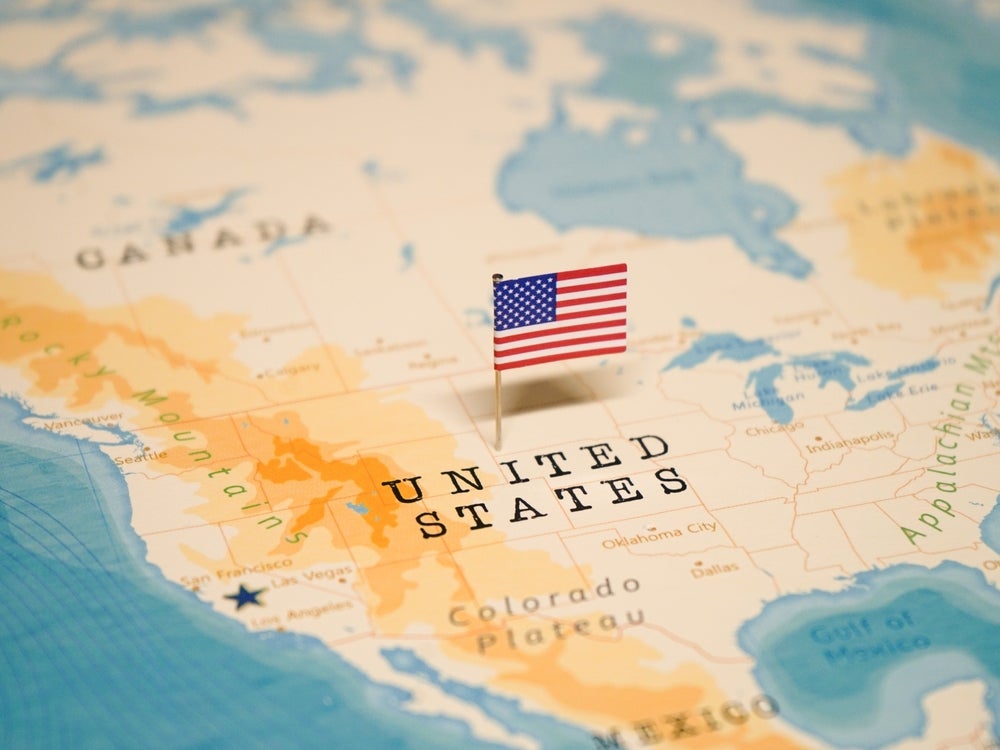
There is a clear need to educate fashion consumers on sustainability, a new report has found, despite an increase in the number of environmentally-conscious consumers.
Nearly a quarter of US adult consumers say they have purchased sustainable apparel, according to a new study by The NPD Group. And as consumer interest in sustainability grows, so do the efforts of the apparel industry. However, there is a clear need to educate shoppers in order to make this connection, the market research firm adds.
How well do you really know your competitors?
Access the most comprehensive Company Profiles on the market, powered by GlobalData. Save hours of research. Gain competitive edge.

Thank you!
Your download email will arrive shortly
Not ready to buy yet? Download a free sample
We are confident about the unique quality of our Company Profiles. However, we want you to make the most beneficial decision for your business, so we offer a free sample that you can download by submitting the below form
By GlobalDataEducating and informing consumers regarding sustainable fashion and sustainability were among the topics discussed at a recently held panel discussion hosted by NPD and the Fashion Institute of Technology (FIT) in New York City. The panellists pointed out, the definition of sustainability is often in the eye of the beholder, but it’s important for consumers to know the fashion industry’s overall goal is to create a supply chain that is environmentally and socially conscious of its impact.
Human rights in terms of social responsibility is a pillar of sustainability efforts in the industry. When NPD asked consumers what their top social concern is in terms of clothing production, 29% said human rights and fair wages. Human rights ranked significantly higher than consumers’ concerns about toxic dyes and chemicals, animal welfare, minimising waste, and global warming. One-third of consumers say a brand’s social responsibility and social position are extremely important to their purchase decision.
Although consumers aren’t always aware if an apparel item is sustainable in terms of the label’s commitment to environmental and social responsibility, if they were aware almost one-third of consumers say they would be willing to pay more for a sustainable apparel item. Young adult consumers, ages 18 to 34, are most inclined to spend more on sustainable apparel, and 33% of women say they would pay more for clothing that was described as sustainable, eco-friendly, organic, or ethical than for clothing that was not.
On the other hand, the majority of consumers (two-thirds) were not willing to pay more for sustainability indicating they are looking for it to be a part of a brand’s social responsibility.
“Sustainability will continue to be an important topic for consumers and the industry in the years to come,” says Marshal Cohen, NPD’s chief industry advisor. “To attract consumers, particularly young adults and women, apparel brands and retailers will need to stay in touch with social responsibility issues, and educate and inform their customers with clear messaging and labelling about their sustainability efforts. Brands can’t rely on the fine print on the inside label, it needs to be woven into the ‘fabric’ of the brand.”








